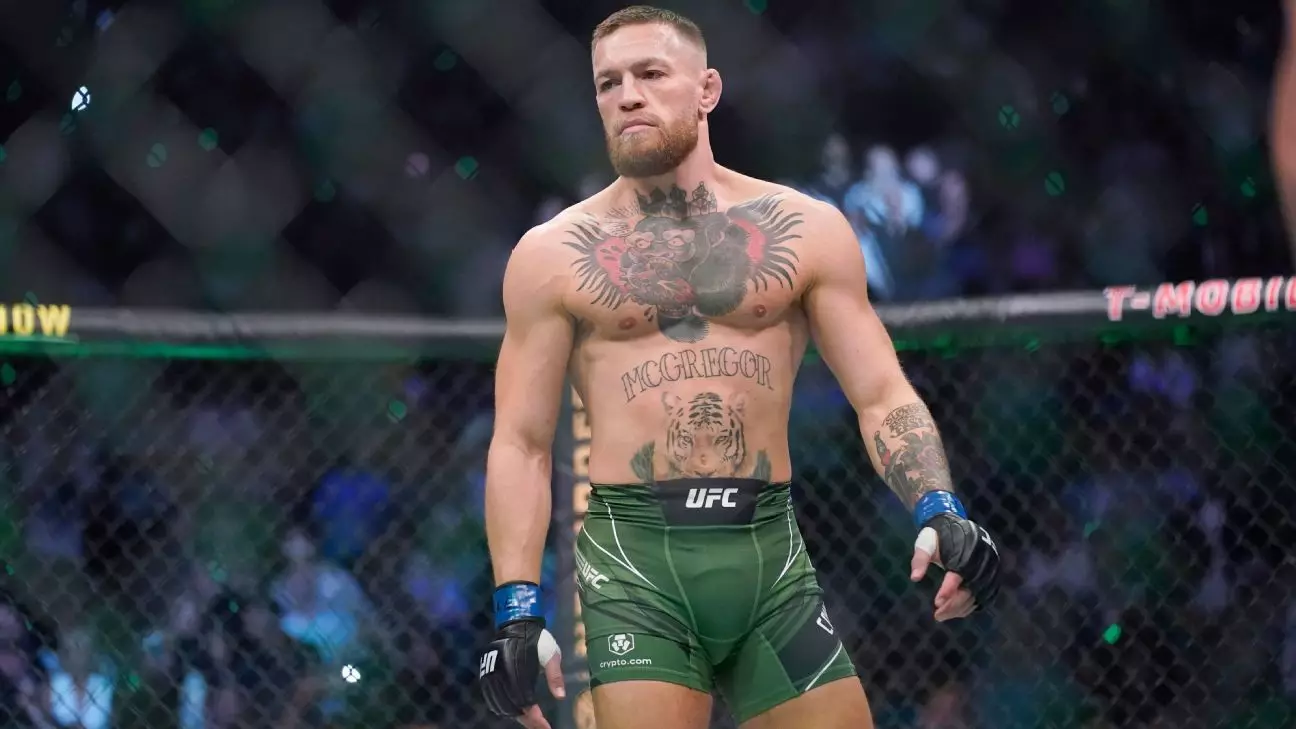In recent days, the legal arena has become a focal point of attention as Conor McGregor, the former UFC champion, faces serious allegations of sexual assault made by a woman who claims he assaulted her in a Dublin hotel in late 2018. This civil case, which commenced in Dublin’s High Court, aims to seek financial damages rather than criminal penalties, a distinction that underscores the multi-faceted nature of legal disputes related to accusations of sexual misconduct. The alleged incident dates back to December 9, 2018, and the woman involved initiated her civil action in 2021. Alongside McGregor, another individual, James Lawrence, is named as a defendant, indicating that the case may include additional complexities regarding the events in question.
On the first day of testimony, unsettling accounts emerged, particularly from the woman, who expressed her discomfort at finding herself alone with McGregor in the private confines of a penthouse suite. Her assertions carry weight, as she described attempts to communicate her lack of consent, saying, “I tried to talk him around that I didn’t want to have sex.” This declaration highlights a critical narrative frequently found in sexual assault cases—the struggle for agency in vulnerable situations. The woman’s lawyer, John Gordon, added depth to her story by elaborating on their previous acquaintance; the two shared a social network, which complicates the notions of power dynamics and consent in their interactions.
Physical Evidence and Expert Testimony
Critical to the unfolding drama is the testimony of Daniel Keane, a gynecologist and forensic examiner, who recounted the woman’s condition upon her admission to the hospital the day following the allegedly traumatic event. His description of her physical state—“shaking and crying,” coupled with “unusual” bruising—could play a significant role in swaying public perception and potentially the court’s ruling. This revelation brings to light the inherent challenge of substantiating claims of sexual violence, where physical evidence must be intricately woven into a broader narrative to illustrate the emotional and psychological impact on the victim.
Lawyers representing McGregor, who has publicly denied the allegations, assert that any interaction between him and the woman was consensual. This defense strategy not only serves to counter the woman’s claims but also highlights the complex nature of consent, particularly in situations where alcohol and social interactions could cloud judgment. The ineffectiveness of legal frameworks in handling such nuanced situations raises questions about broader societal implications and the way such incidents are perceived in public discourse.
As the trial proceeds, with anticipated arguments from McGregor’s defense yet to surface, questions linger about the ramifications for both parties involved in this high-profile case. Civil suits like this not only seek justice for alleged victims but also challenge cultural perceptions surrounding celebrity and accountability. The public’s eye will remain fixed on the proceedings, as each testimony and piece of evidence could redefine what happens next in both McGregor’s career and the conversation around sexual assault in society.

